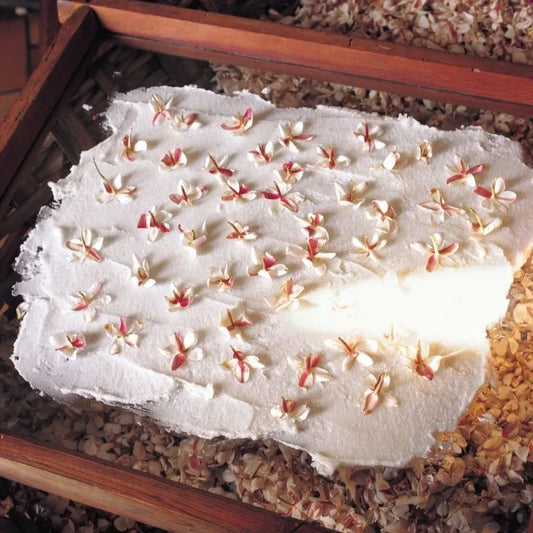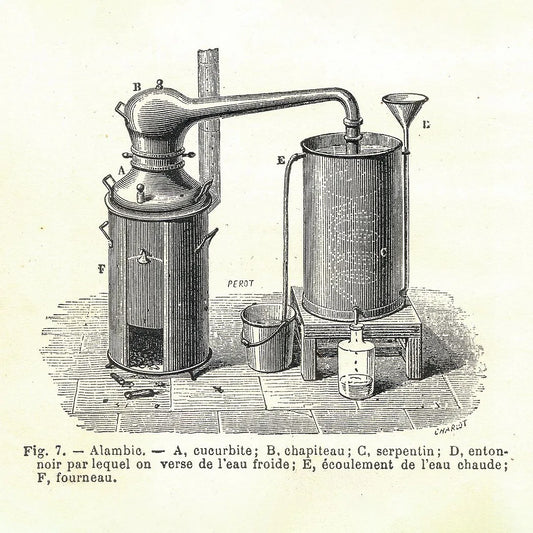A febrifuge is a substance that reduces fever. Fever occurs when the hypothalamus, an area of the brain that controls body temperature, shifts your normal temperature to a higher point. The human body’s average normal temperature is 98.6°F (37°C), though your personal normal temperature may be slightly above or below this point. Your temperature may become elevated when something is happening to your body that does not normally take place, such as a viral or bacterial infection, or when you have been exposed to heat for a long time (a condition called heat exhaustion). Some inflammatory conditions like rheumatoid arthritis also can elevate body temperature. Many people develop a fever after receiving a vaccine, as the body develops antibodies to counteract the immunization; this is normal and will pass in a day or so.
Symptoms of fever include chills and shivering, alternating with sweating, headache, muscle aches, dehydration, dizziness, loss of appetite, and a general feeling of weakness or malaise. Generally, a fever of 102°F or less is simply an indication that you are fighting an illness, and it will pass in a short time (hours or a few days). If a fever rises above 103°F (39.4°C), it is time to call a doctor.
Commonly used and highly effective fever reducers in our daily lives include aspirin, acetaminophen, and ibuprofen, over-the-counter pain relievers that can also lower body temperature caused by an illness. A few essential oils can provide cooling relief during a fever when applied to the back of the neck, the forehead, or the soles of the feet, though none of these are as effective as aspirin for actually lowering body temperature.
Peppermint, spearmint, and eucalyptus essential oils contain menthol, a natural coolant that can be soothing when rubbed on the neck, chest, or back. Because menthol has the ability to be absorbed through the skin, it provides some penetrating relief that may actually reduce a fever slightly.
A more effective way to use essential oils to reduce fever may be to add them to a cold pack to place on the patient’s forehead. Make a cold pack by filling a glass or metal bowl with about a pint of water and adding three or four drops of peppermint, spearmint, or eucalyptus essential oil. Fold a hand towel or washcloth to a size that will fit comfortably on a forehead, and place it on the surface of the water in the bowl. Let it sink into the water until it is wet through, then lift it out, wring out the excess, and wrap it once in plastic wrap to keep it from dripping. Place it on the patient’s forehead, and let it rest there until it warms to room temperature. If nothing else, this should feel calming and refreshing to the person with the fever; it also may help to lower their body temperature.
Science has not bothered much with testing essential oils for their ability to reduce a fever, for the simple reason that we already have a solid solution for this: the over-the-counter medications mentioned earlier. Practitioners of alternative medicine do note that other essential oils have febrifuge potential, including basil, bergamot, black pepper, ginger, lemon, and patchouli. The oils that contain menthol are likely to provide the most benefit, however, because of their ability to penetrate beyond the skin.





